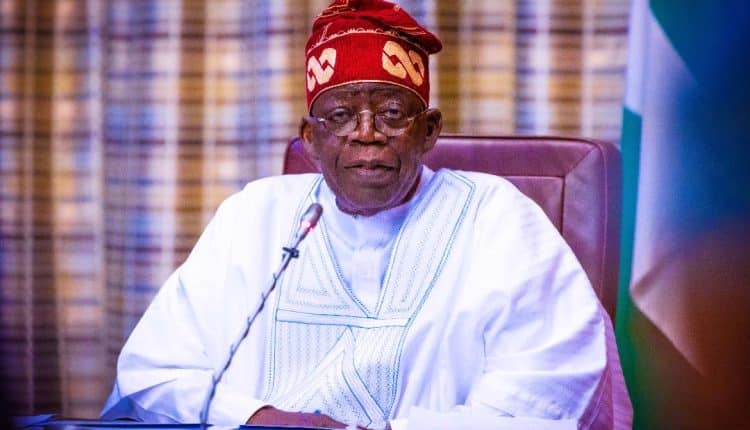
The Policy Advisory Council set up by President Bola Ahmed Tinubu prior to his swearing-in ceremony has made key recommendations to fast-track the recovery of the Nigerian economy and achieve its target of growing the Gross Domestic Product (GDP) at seven percent annually.
Top on the list of recommendations made by the National Economy Sub-Committee of the Council include privatisation, concession or sell-down of federal government’s stake in corporate assets to partners (with possible buyback option) to generate liquidity in the short to medium terms (focus on sub-optimal assets, Nigeria National Petroleum Company Limited refineries, etc).
The National Economy Sub-Committee is made up Senator Tokunbo Abiru (chairman), Dr Yemi Cardoso, Samaila Zubairu and Dr Doris Anite, with KPMG as a consultant.
Politics Nigeria learnt that the committee, in its report, recommended the removal of petrol subsidy and advised President Tinubu to address the issue of multiple exchange rates and the gap between the official and parallel markets.
The advisers also proposed deploying strategic communication to engage stakeholders on the business case for subsidy removal, design and deployment of non-cash palliatives such as public transport voucher, education and healthcare support and increase in the minimum wage as part of the strategy to cushion the effect.
The committee also came up with a compendium of refined action plans which includes the rationalisation of select government assets.
Sources close to the President have said that he seems confident in the recommendations of the Council.
With this, the government is also set to regionalise and concession the transmission grid to private investors to attract investment to expand the grid capacity to 30,000MW and accelerate the implementation of a well-functioning and market-oriented power sector.
Politics Nigeria understands that in the coming days, the Tinubu-led administration would set a policy directive that all proceeds from the sale of assets must be used to settle existing debt obligations.
The committee also recommended the removal of all foreign exchange intermediation windows to allow the banks as primary dealers to supply the FX market through a willing buyer/willing seller model, as well as raise the capital requirements of Bureau De Change to ensure only strong, well-capitalised and automated BDCs are allowed to operate.
The committee recommended the need to resolve the cash shortage situation by extending the December 31, 2023, deadline to December 31, 2024, bring in new notes through the Deposit Money Banks by five per cent monthly and take out the old notes through the DMBs by the same five per cent.
It also recommended the implementation of a National Single Window Trading Platform to facilitate product valuation and classification, provide information, minimise human discretion and streamline the import and export processes.
